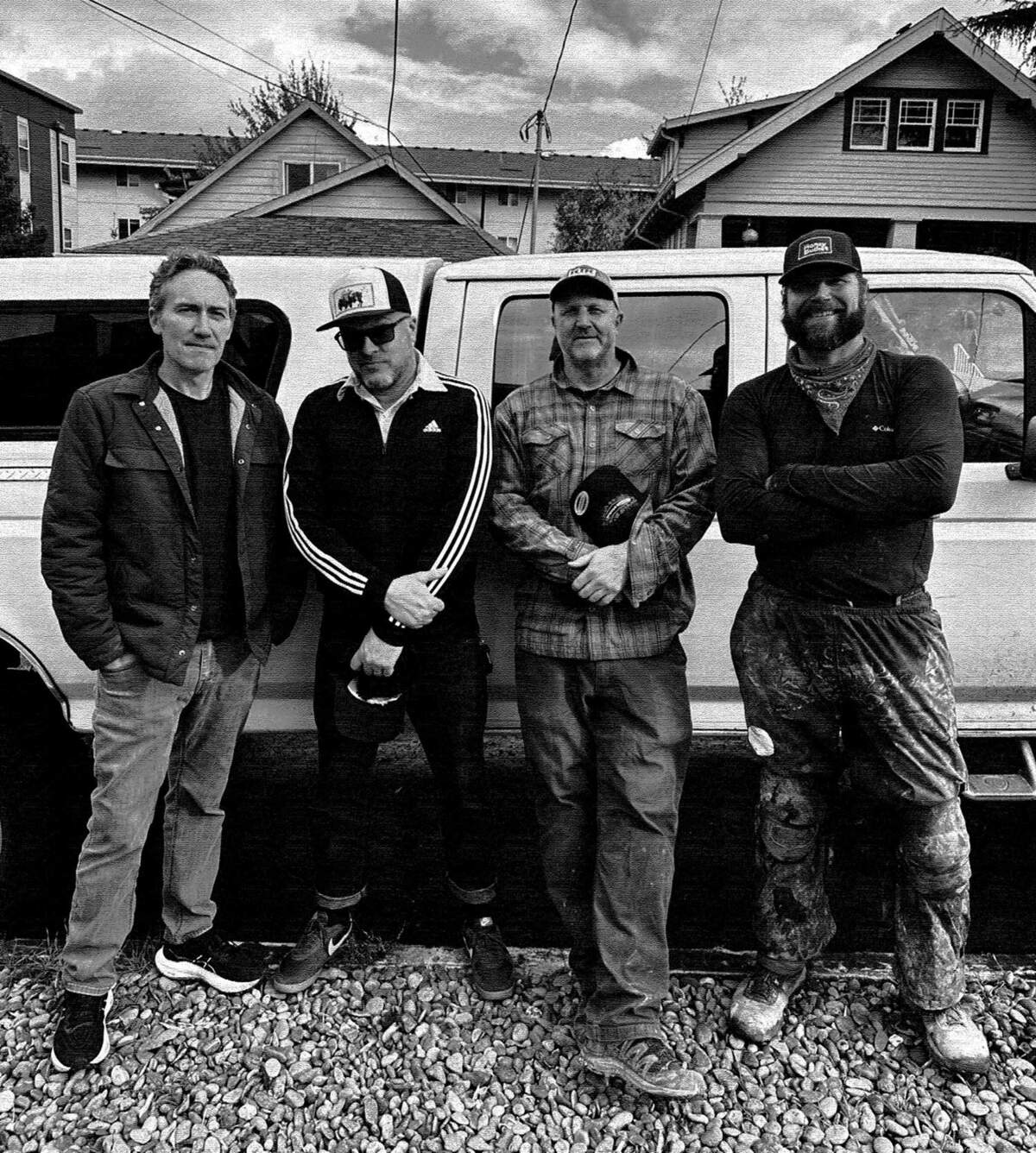An interview with ESP-Disk’ founder Bernard Stollman
Legendary record label ESP-Disk’ is celebrating 50th anniversary. Many worldwide known artists recorded and released their music on ESP-Disk’. From avant-garde to freak folk. We had a great opportunity to do an interview with founder of the label.
How do you feel about the fact that you are celebrating 50th anniversary?
I am amazed that the label and I have lasted this long, and we remain in action. While downloads dominate the scene, we have embraced digital and are also releasing more vinyl.
As a student you attended Columbia Law School and began working in 1960 as an unpaid intern for a law firm working on the estates of Charlie Parker and Billie Holiday. How was it to work with two titans of jazz music?
I met Louis McKay, husband of the late Billie Holiday. He was a tall broad shouldered man with a 45 caliber pistol, thrust conspicuously into the front of his pants. He was a global pimp, flying girls to clients in other countries, and I dealt with him cordially, but cautiously, as one would with such an individual. Doris Parker was ostensibly the widow of Charlie Parker, but her claim would be successfully challenged by the lawyer for Chan Parker, his actual widow, during the few months I was in that office.
You also did some legal work for Moe Asch at Folkways Records, and began advising jazz, rhythm and blues musicians on copyrights and contracts. Tell us how did this love towards jazz began?
I knew nothing about jazz when I began, but met several of these artists and heard their music, and was greatly impressed by their music and their commitment to it, as well as their struggle to obtain recognition.
Main logo of your label was “The artists alone decide what you will hear on their ESP-Disk’”. ESP-Disk’ was the first label to offer this kind of artistic freedom. What can you tell me about the idea behind it?
The existing labels engaged in practices that obstructed the ability of the artists to make their statements in music, by placing producers in charge of their recording projects, who tampered with their music to make it more mainstream and popular, and obliged them to play works by composers favored by the producers. This was demeaning and demoralizing, and I was determined to establish new standards for the treatment of artists.
One of the very first artists on ESP-Disk’ was Albert Ayler. How did you manage to get him on the label to record his legendary album Spiritual Unity?
As I described it in my autobiography, ALWAYS IN TROUBLE: AN ORAL HISTORY OF ESP-DISK’, THE MOST OUTRAGEOUS RECORD LABEL IN AMERICA, (co-authored with Jason Weiss), I met him on a Sunday afternoon in a piano bar in Harlem, where he sat in with Elmo Hope and his trio and performed a solo that so amazed me that I invited him to be the first artist on my new label, and he accepted. I did not ask him what he would record or with whom. Penguin Jazz described Spiritual Unity as one of the 100 greatest albums in jazz.
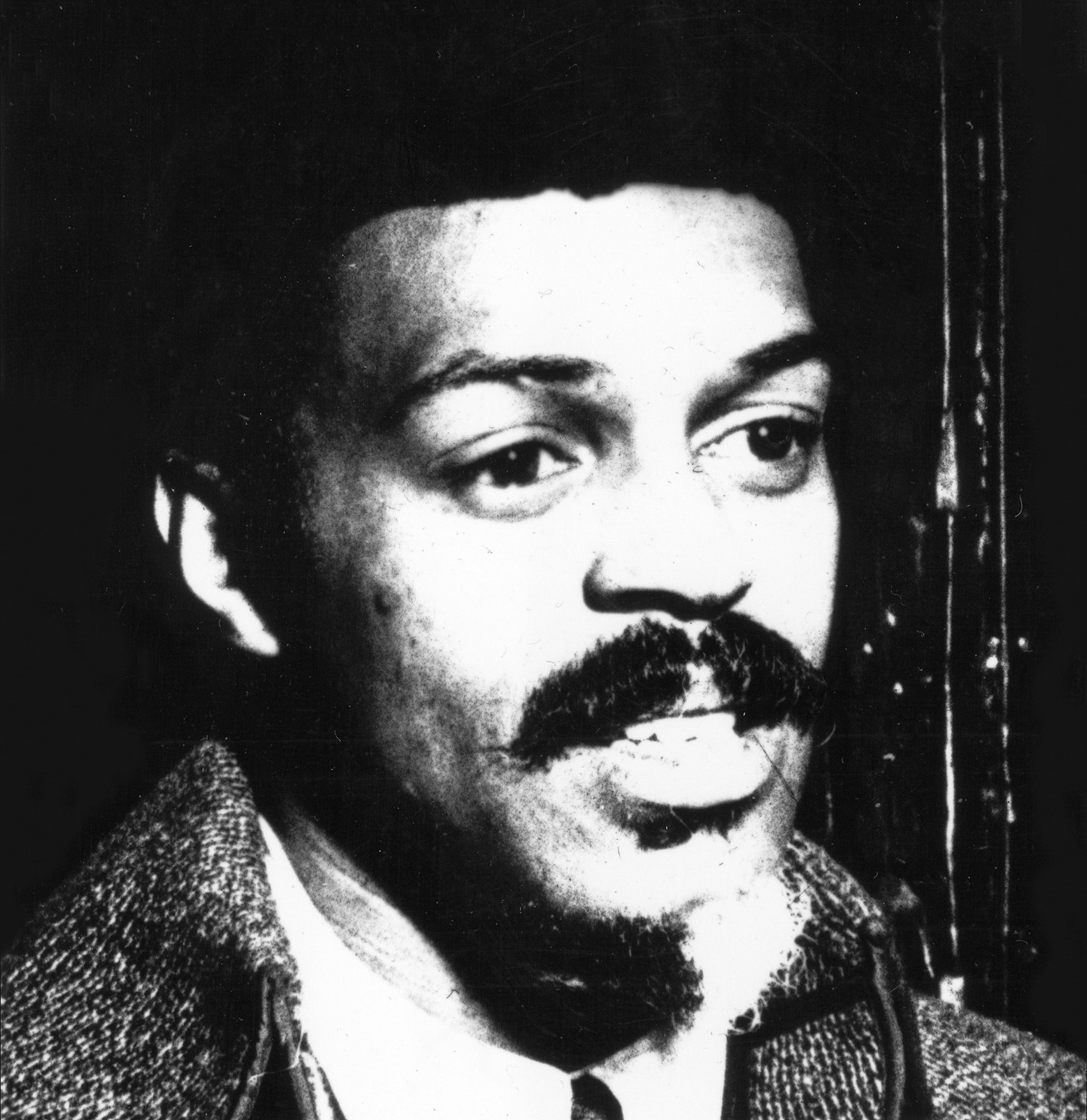
Many other followed such as Sun Ra, Pharoah Sanders, Ornette Coleman, Paul Bley and Gato Barbieri.
Sun Ra had been based in Chicago for many years and formed his 14 man Arkestra, with which he toured the world without management, an impossible feat. We met shortly after his arrival in New York, and this was the first recording on a label other than his own Saturn label. I worked as Ornette’s manager briefly, having been introduced to him by a young choreographer.
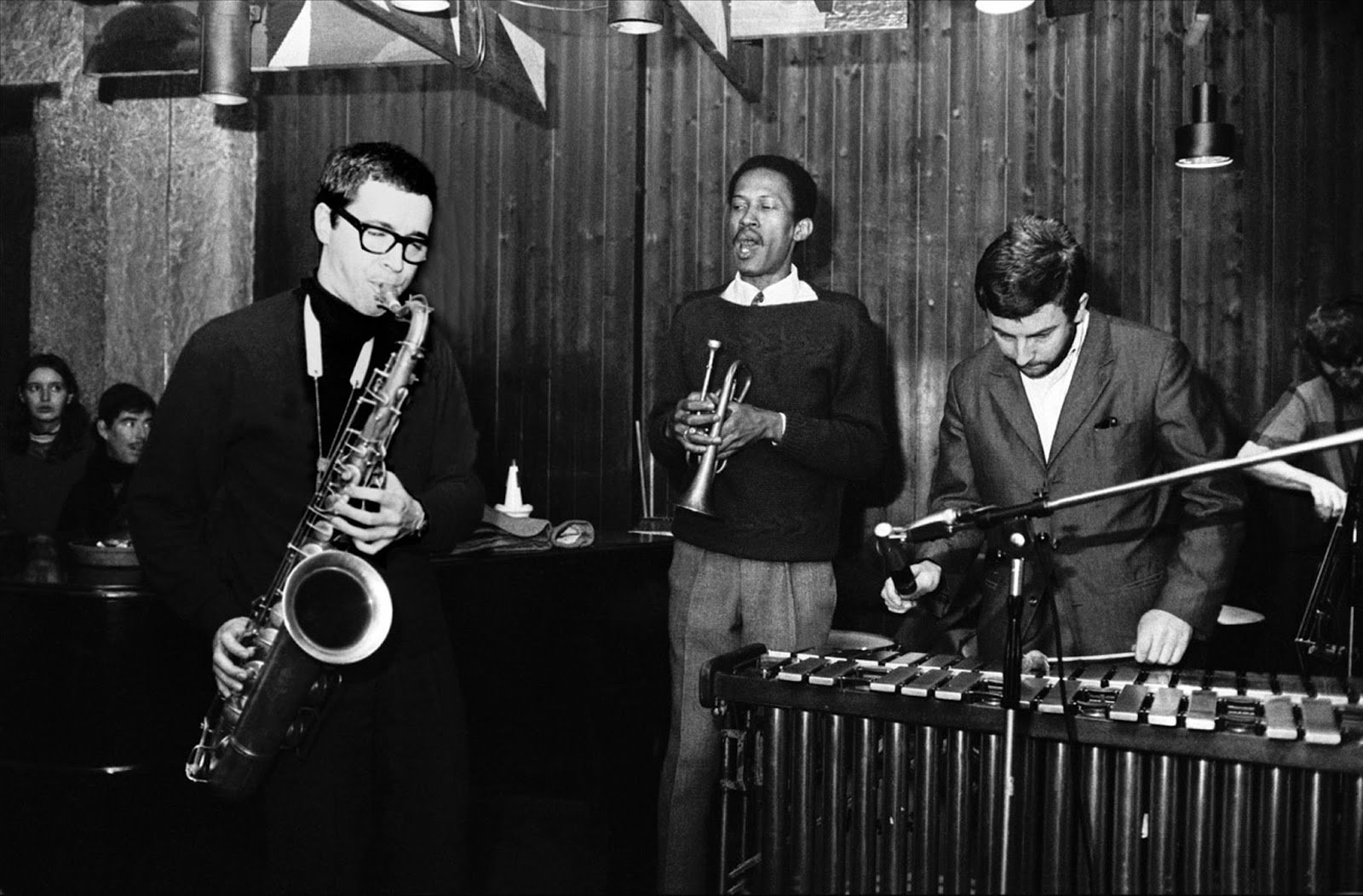
Have you been in contact with Cromagnon or Charles Manson?
Brian Elliot and Austin Grasmere were young producers who had achieved great success creating bubblegum music, but explained to me that they wanted to engage in more creative projects. I asked them what their underlying concept was? They replied: “Everything is one.” I told them to go and make their album, without ever hearing any of their work. This is what they brought me. I never met Charles Manson. After he was convicted and imprisoned, I found an LP that had been released by a former cell mate of his in a San Francisco prison. Manson had produced it in the studio of the Beach Boys, and asked Phil Kaufman to issue it. Phil turned it over to me, and it was released briefly by ESP-DISK’ in the early 70s.
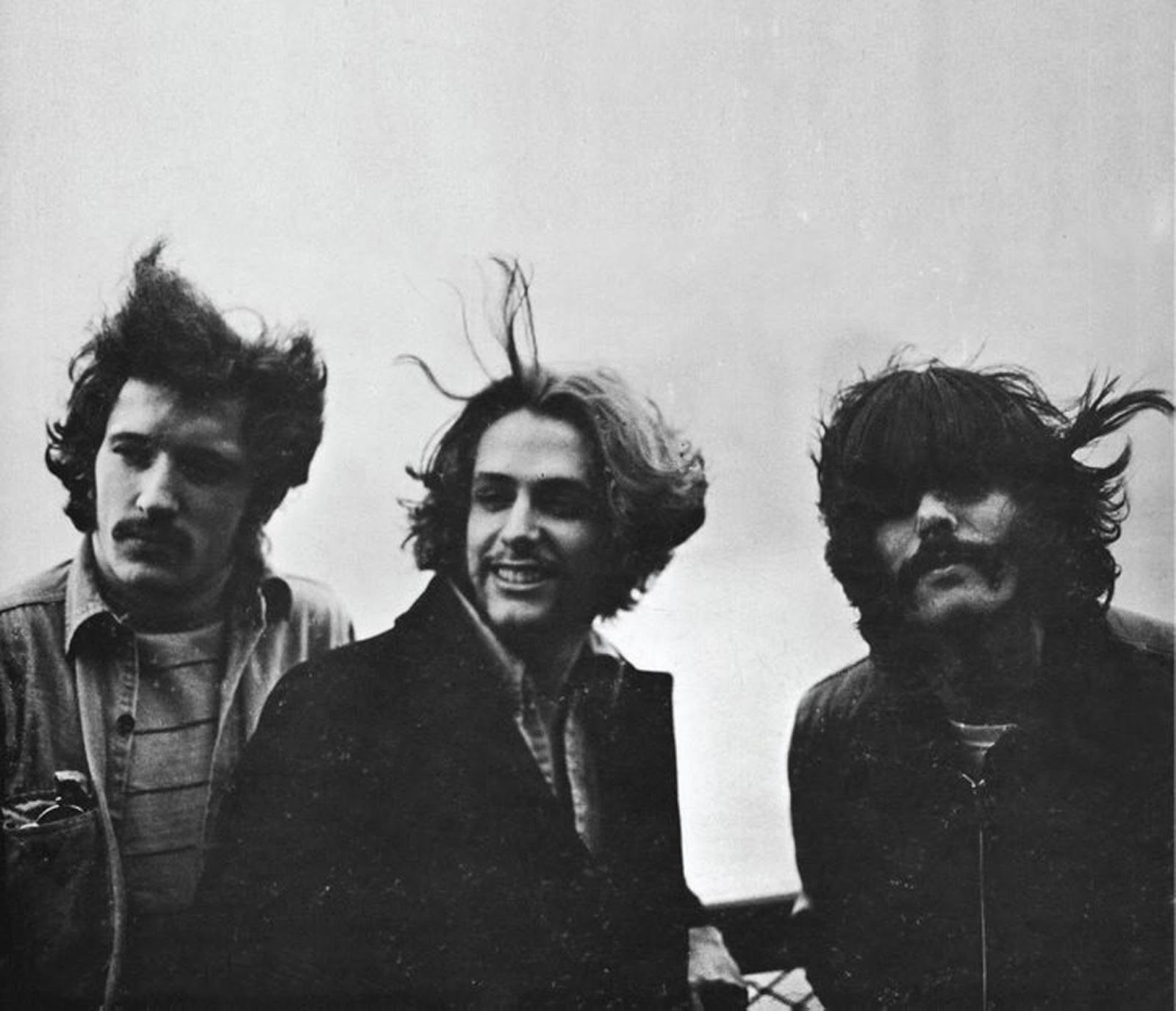
Was there any certain key on which you picked rock groups?
I never picked any. The Fugs and Pearls (Tom Rapp) came to me.
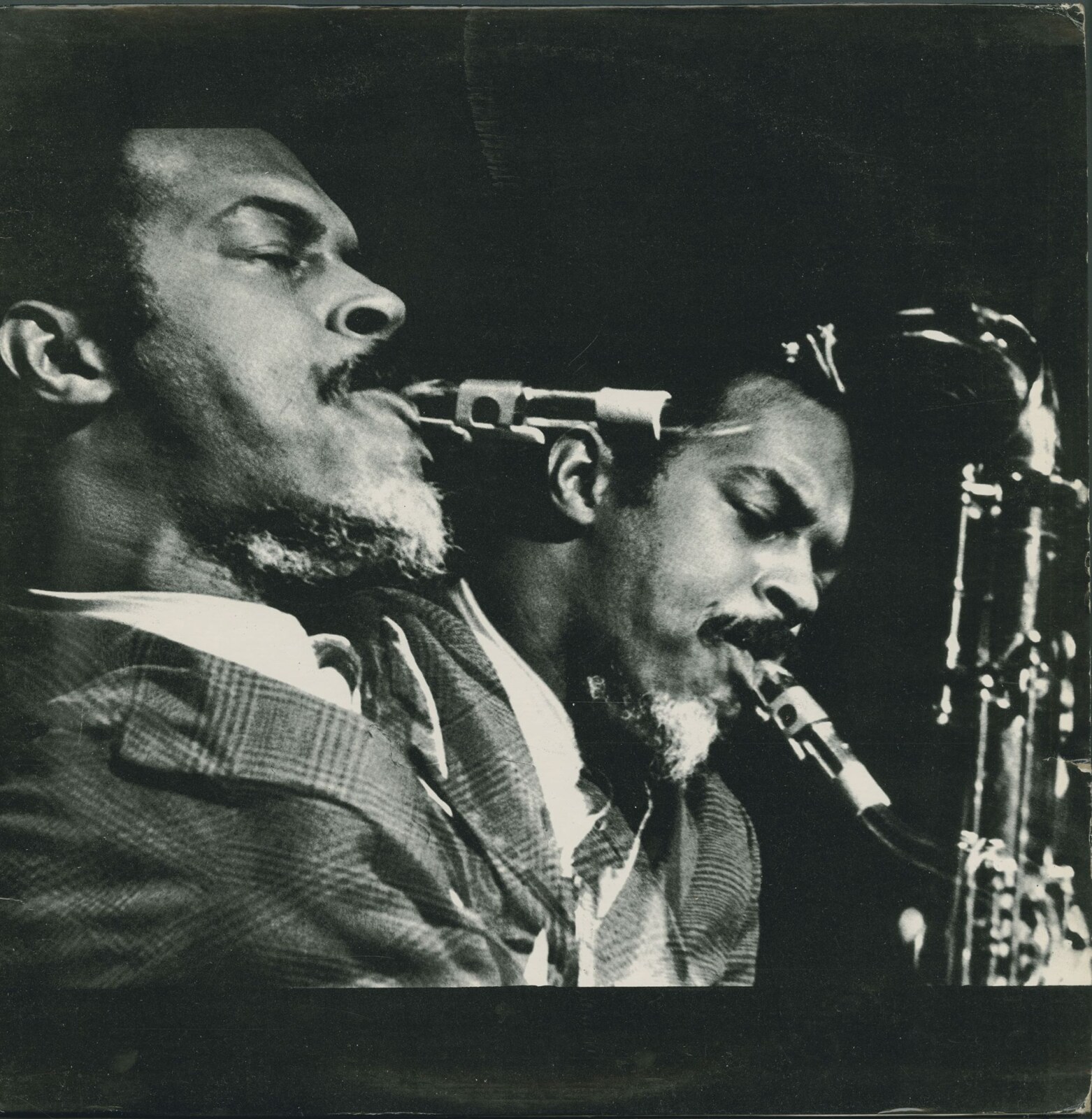
Timothy Leary and William Burroughs were also part of the label.
Leary was a prominent figure in the music scene in New York City, appearing at concerts in Fillmore East. He agreed to have his ideas transferred to LP. Gait Froge, proprietor of the English Bookstore in Paris had been given the album to release. She was a friend of my brother, Steve, and gave it to him to give to me to release.

How many people were working back then?
Back in the 60s we had six people, of whom 4 were the members of what became the Godz. Today we have 4 associates who are deeply involved in all aspects of the operation. The future will depend on our ability to continue to document music that should be heard.
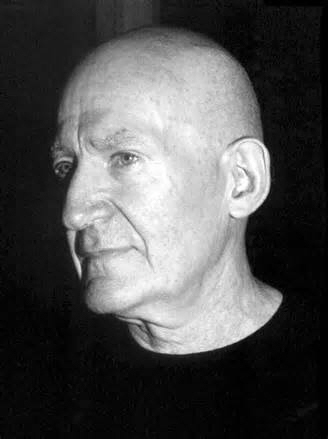
How do you see the current music scene?
I do not pay attention to it.
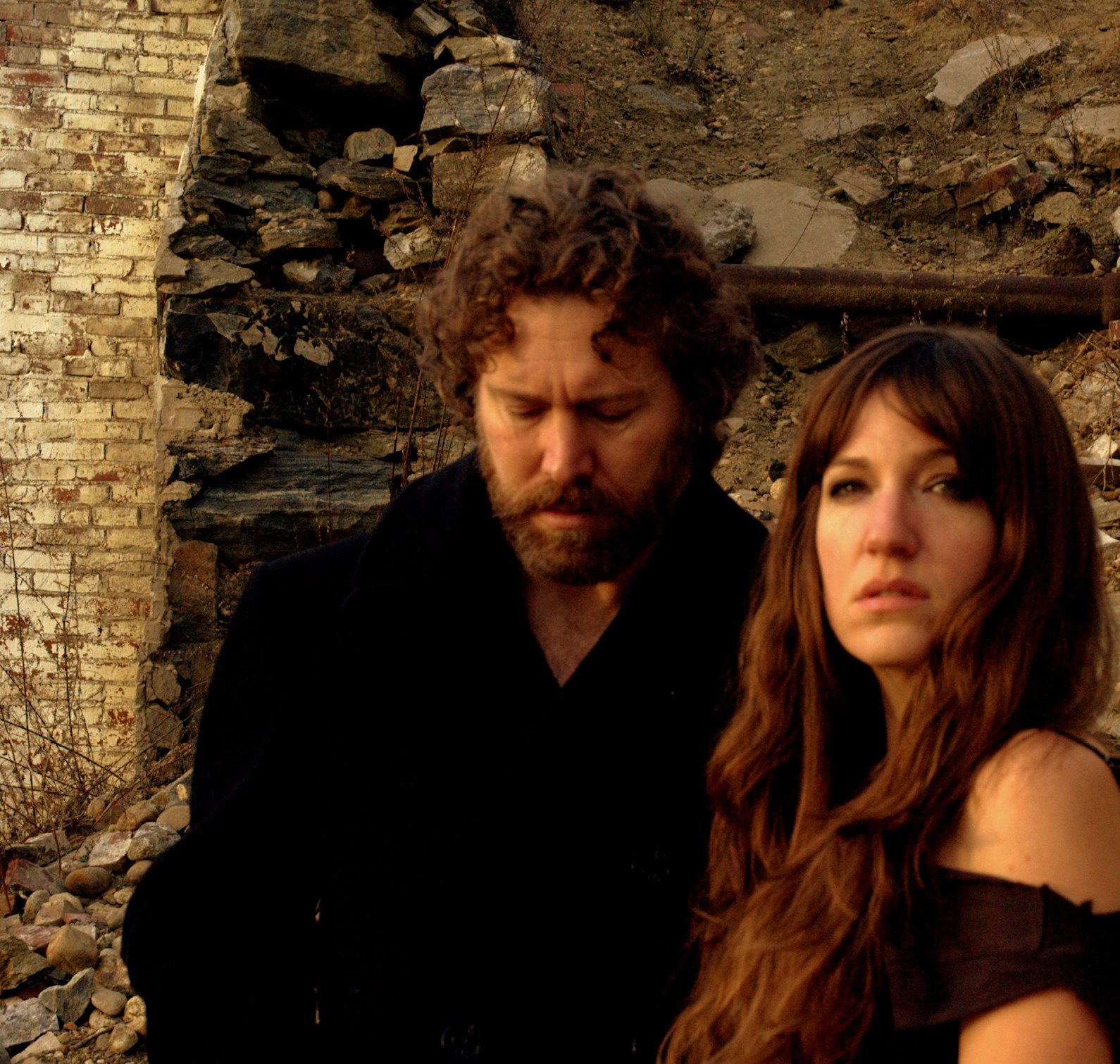
Are there any artists you always wanted to have on the label?
Janis Joplin came to New York, intending to record for ESP, according to a letter she wrote to her sister, reported in one of her biographies. Instead, she was signed to Al Grossman, the manager of Dylan. John Lennon and Yoko Ono invited ESP to distribute their first album, Two Virgins, but it went instead to Bill Cosby. J. Edgar Hoover’s FBI and state and local police confiscated the pressings from the Columbia Records plant in Pittman, New Jersey, claiming they were obscene..
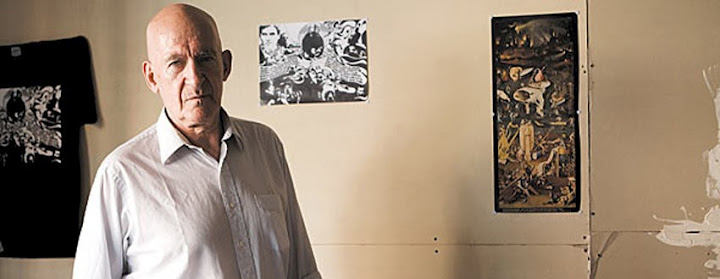
Thank you very much for taking your time. Would you like to send a message to your fans and to It’s Psychedelic Baby Magazine readers?
We appreciate your recognition and support and hope you will find our new digital releases worthy of your interest, including iconic Mort Sahl, the first stand up comic satirist, Kate Smith, hypnotic string duo Arborea.
– Klemen Breznikar
Steve at ESP would like to expand on Bernard’s last remarks about new/upcoming ESP releases.
Our new artist, Maine indie-psych duo Arborea, put out their album Fortress of the Sun on vinyl, CD, and download. And for the first time, a live album by the late legendary soul-jazz singer/songwriter Oscar Brown Jr. & Maggie Brown, We’re Live, on CD and download.
We also have celebrated our 50th anniversary with an extensive slate of reissues, many issued on CD in the U.S. for the first time:
Jerry Moore: Life Is a Constant Journey, CD and download
Various Artists: Fire Music, CD and download
Yma Sumac: Recital
Byron Allen Trio: self-titled, limited edition CD and download
Patty Waters: College Tour
Giuseppi Logan: More, expanded with ten newly discovered minutes
Peter Lemer: Local Colour, limited edition CD and download
Albert Ayler: Live on the Riviera, CD and download
Burton Greene Trio: On Tour, CD and download
Albert Ayler: Spirits Rejoice VINYL
Various Artists: The East Village Other – first complete edition since 1967, on vinyl, CD, and download
Cromagnon: Cave Rock VINYL
Coming up later this year:
September 24
Albert Ayler/Don Cherry/etc.: New York Eye and Ear Control VINYL
October 29
1011 Ran Blake: Plays Solo Piano

